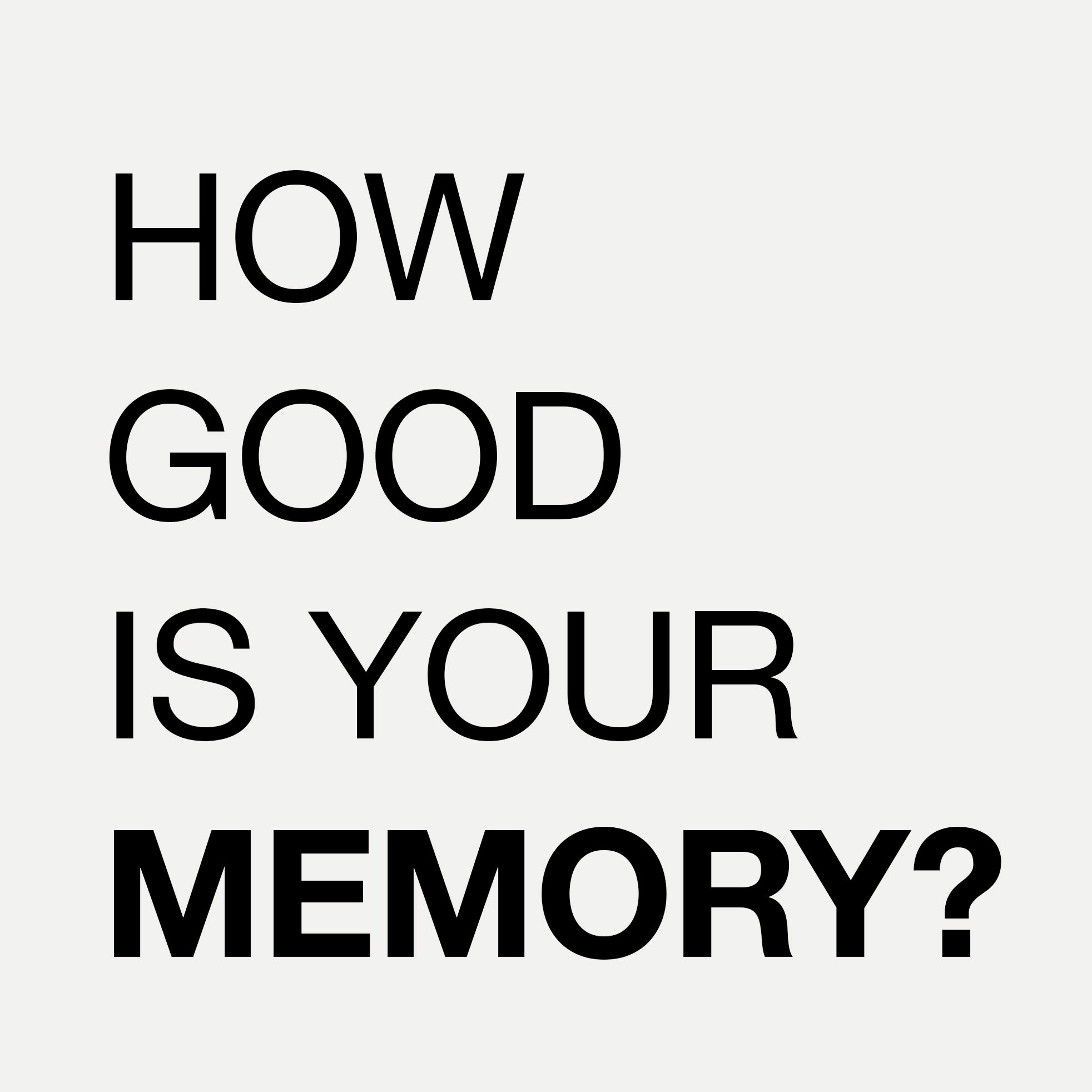Discover Outsmarting Implicit Bias
Outsmarting Implicit Bias

Outsmarting Implicit Bias
Author: Outsmarting Implicit Bias
Subscribed: 194Played: 1,832Subscribe
Share
© All rights reserved
Description
Explore the mind’s blindspots with Outsmarting Implicit Bias, an educational media series founded by Harvard psychologist Mahzarin Banaji. Apply insights from the science to make better decisions in life and at work.
17 Episodes
Reverse
We have more information at our fingertips than ever before… but this doesn’t mean we’re making better decisions. Why? One culprit: the confirmation bias. From DNA analysis and political debates to the strategies we use in business and fantasy football, our desire to confirm our beliefs skews how we interpret the data in front of us.
When it comes to food, presentation and taste are connected: the eyes eat first. The science suggests we apply a similar idea to people: attractive people are seen as smarter, kinder, more moral, and so on. It’s called the attractiveness halo.
What’s more likely: death by shark attack, or death by lightning strike? The science suggests you’ll choose “shark attack”… but that’s not the right answer. So why do so many of us agree? It’s called the availability bias: our tendency to assume that events that come easily to mind must be more common or true.
Here’s a little memory test designed by psychologists Amos Tversky and Daniel Kahneman (1973) to reveal a cognitive blindspot. Try it for yourself, and listen to our podcast "The Availability Bias" to learn more about this quirky bias.
In a groundbreaking study, sociologist Devah Pager showed that being Black hurts an applicant's chances of being hired just as much as a felony conviction. What do decisions based on gut instincts mean for the survival of a business?
Most of us believe we can control what pieces of information influence our decisions. But when it comes down it, can we? The Stroop Test suggests: no. (Visit our website to watch the video version of this episode.)
Imagine hearing this: “Alex is biased against women.” Most of us would assume that Alex is a man. But the science tells us we should think again – that our hypothetical “Alex” is just as likely to be Alexandra as Alexander. How can this be?
Our faces broadcast information about us: whether we’re smart, warm, trustworthy. How do these signals influence decision-making – and are they accurate? Psychologist Alexander Todorov discusses the science behind face value. (Visit our website to watch the video version of this episode.)
Voices are more than just sounds. They’re auditory faces that can give clues to who we are. In the time it takes to say “hello,” we can identify a person’s ethnic or cultural background as different from ours. Yet this can lead to other impressions that are just...wrong. How might accents influence our judgments? And what’s the cost?
Albert Einstein, we would say, is a genius. Yet we might say the same for a puppy that can open a cabinet to get her snacks. Sometimes it makes sense to shift our standards based on context. But are we raising and lowering the bar when we shouldn’t?
Book-smart or street-smart? Education or experience? We like to think we use objective criteria to make decisions. But what happens when we choose the person first, then use the standard that supports our decision? How might the “pictures in our heads” drive the criteria we choose?
40 years ago, memory researchers showed us that patients with amnesia could form new memories… implicitly. This sparked an ongoing revolution in research on the hidden mind: how it learns, how it influences us, and how it can be measured and changed.
40 years ago, memory researchers showed us that patients with amnesia could form new memories… implicitly. This sparked an ongoing revolution in research on the hidden mind: how it learns, how it influences us, and how it can be measured and changed.
You perform well at work one day, but not the next. One person sees you as “warm”, another as “cold”. Maybe it's you -- but there's another possibility: that a belief in one person’s mind can shape another person’s behavior.
We overvalue the things we own. This is fine when it’s a family keepsake or memento – but how does this influence decisions we make about our homes, investments, and more?
We work out, then pig out. We donate to charity, then indulge in retail therapy. Does this also happen with our good deeds? How can we avoid bringing our moral scorecards to the workplace?
Expectations help us quickly navigate our world. Yet they can also keep us from the simple solutions, talent, and opportunities that are right in front of us.





















